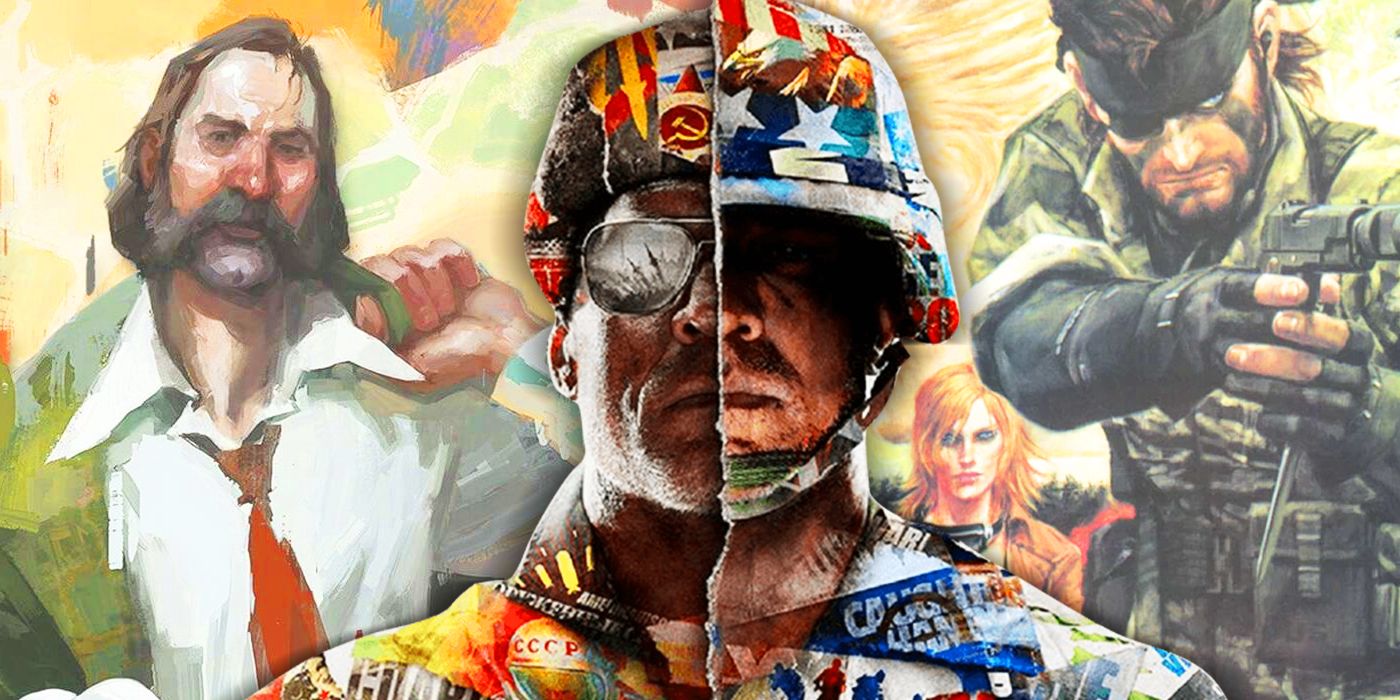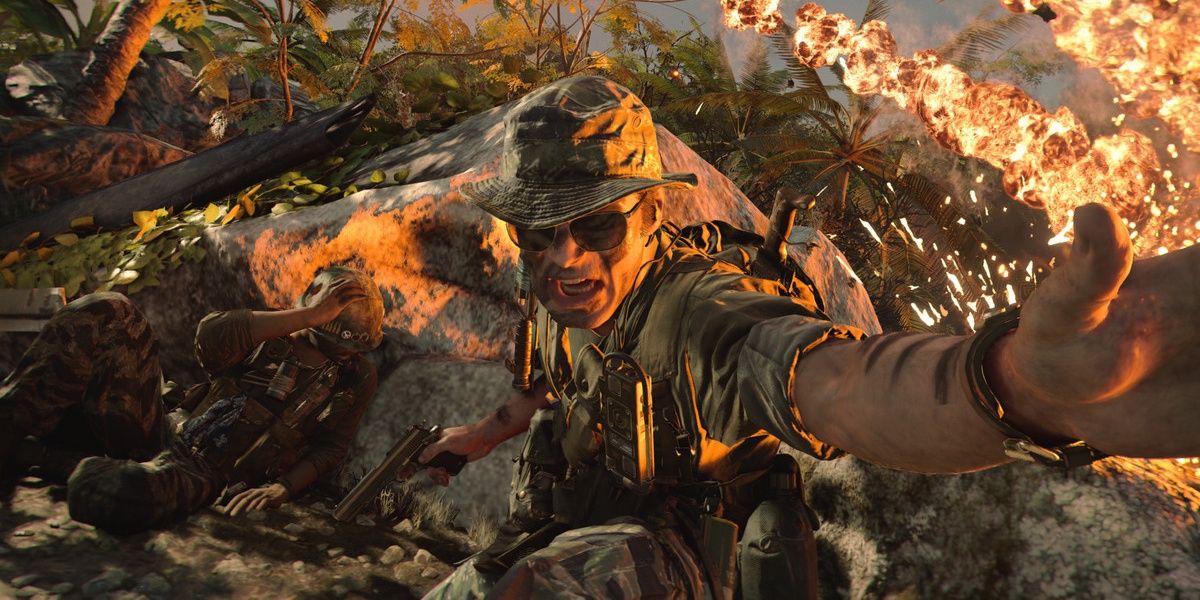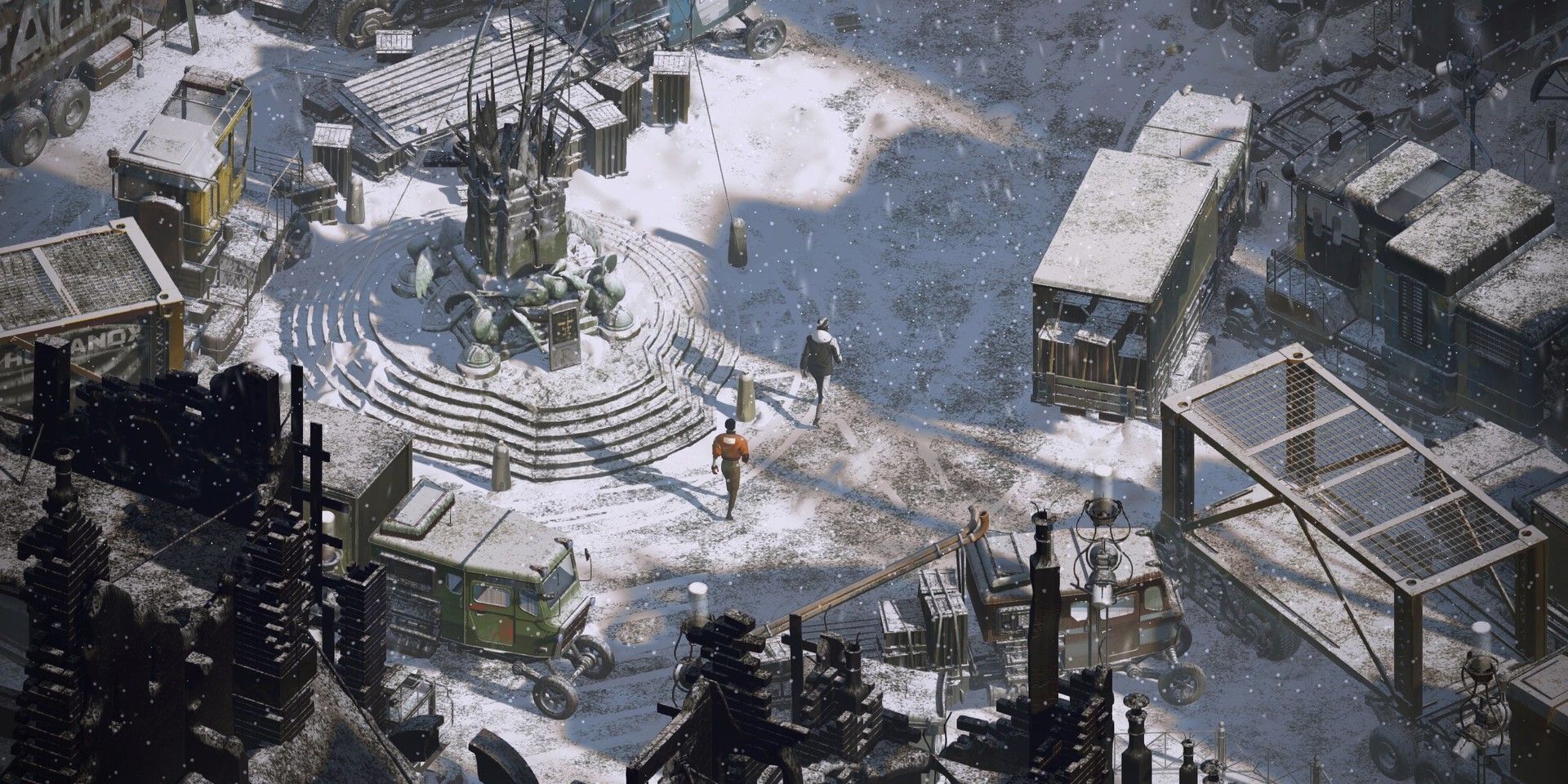The Cold War is one of the most important episodes in modern history, with a complicated legacy that still impacts and informs global policy to this day. It was a conflict where both sides made hard choices, implemented problematic policies and made rapid technological developments, which ultimately makes it one of the most frightening and exhilarating chapters in the human story.
Yet, despite its incredible impact, video games often overlook the Cold War as a setting. Even those exploring it rarely get into its awkward policies and ramifications, often just using the conflict's various decades as a stylish backdrop. However, with the world becoming increasingly divided, there may be some merit in creating more nuanced, contemplative games that can better engage audiences with this difficult yet thrilling moment in time.
Popular entertainment, even media created during the conflict, has a bad habit of treating the Cold War as an epilogue to the Second World War. The similarities between the Nazi and Soviet regimes led to their conflation in comics and cinema, and the period is generally remembered for instilling perpetual fears of nuclear armageddon. The result is that the Cold War is often depicted as another black-and-white conflict between democracy and despotism. However, the truth is far more interesting and often more uncomfortable than this surface-level understanding.
While the Soviet Union's secret police and denial of personal liberties are well-documented, the western powers were not without their own problems. Britain's rivalry with Russia agitated the conflict in its early years, arguably drawing the US deeper into the conflict. In America herself, fears of communism led to reactionary censorship movements like McCarthyism, and Richard Nixon's administration used the War on Drugs as a smokescreen to apprehend critics of the Vietnam War, as his domestic policy chief John Ehrlichman later admitted.
This is not to demonize any one side as objectively evil, but simply to point out how the ethics of the era were far more morally gray than they are often depicted. As such, video games, with their ability to craft choice-driven narratives, are uniquely positioned as a medium that could inform players about the conflict and challenge their pre-existing beliefs. Most moral decisions in gaming often boil down to being a righteous hero or a petty serial killer, but something like a Cold War RPG could force audiences into situations where they may have to change or compromise their ideals in the face of the troubled politics of the time.
Unfortunately, most games aren't truly interested in the setting. Titles like Call of Duty: Black Ops Cold War are focused on action, so they don't capture the complex ethics and paranoid atmosphere that should define the period. Even the Metal Gear Solid series sometimes falls short of really using the war to its full potential. Big Boss's story is more of a character drama than a political one, so while it uses the backdrop of the conflict, the focus is very much on the man himself and his gradual fall from grace. It's a great story, but the location's significance is debatable.
Fortunately, there may already be something of a template for such games to follow. Disco Elysium, while still taking place in a fictional world, is unambiguously inspired by the history of the Cold War. The setting of Revachol is struggling to rebuild after the collapse of a communist regime, and many of its characters cling to the movement's ideals because the world that replaced them didn't make them any happier. It's not a spy game but, because its cast is so well-developed, conversations with them can turn shockingly tense very quickly.
This nostalgic frustration exists in reality, too. While America has long been hostile to the left, 20th Century Europe had many socialist movements that were deeply divided over which side to take in the Cold War. Their stories might not be glamorous enough to carry a whole game, but they could make for fascinating RPG NPCs. Conversations with them could flesh out the world, revealing just how schismatic the conflict was and offering amazing opportunities for thought-provoking discussions. Alternatively, the same mechanic could be used for a chilling espionage game, where sympathizing too much with one faction might create tensions among others.
The Cold War is a dark, shocking and often terrifying period in history, but it's such an important part of humanity's past that it shouldn't be ignored or watered-down as a simple "Good vs. Evil" conflict. It requires a more thoughtful approach that takes players out of their comfort zones and forces them to confront the merits and limitations of their beliefs. There are plenty of games about explosive heroism -- it's time for something far more chilling.



